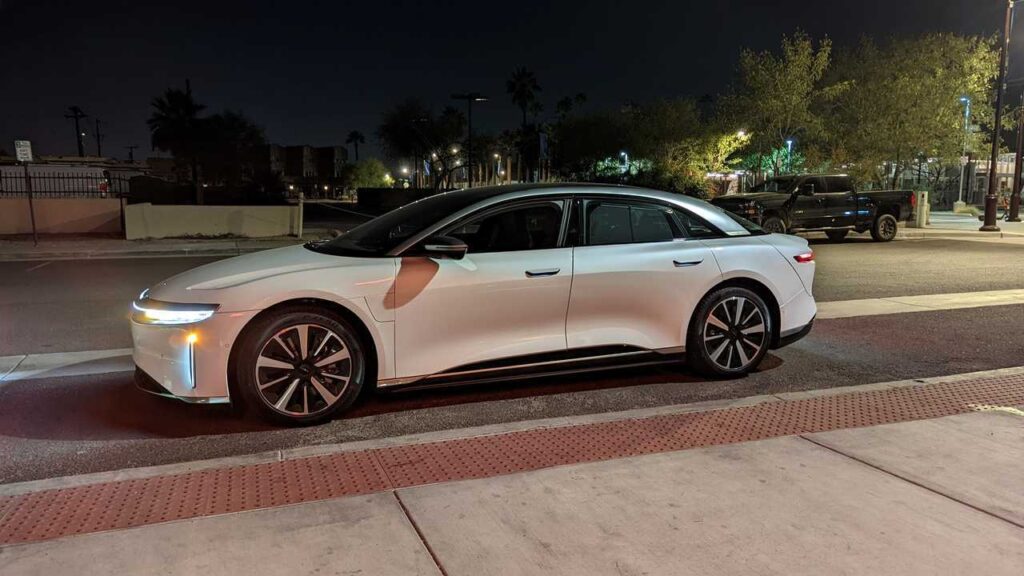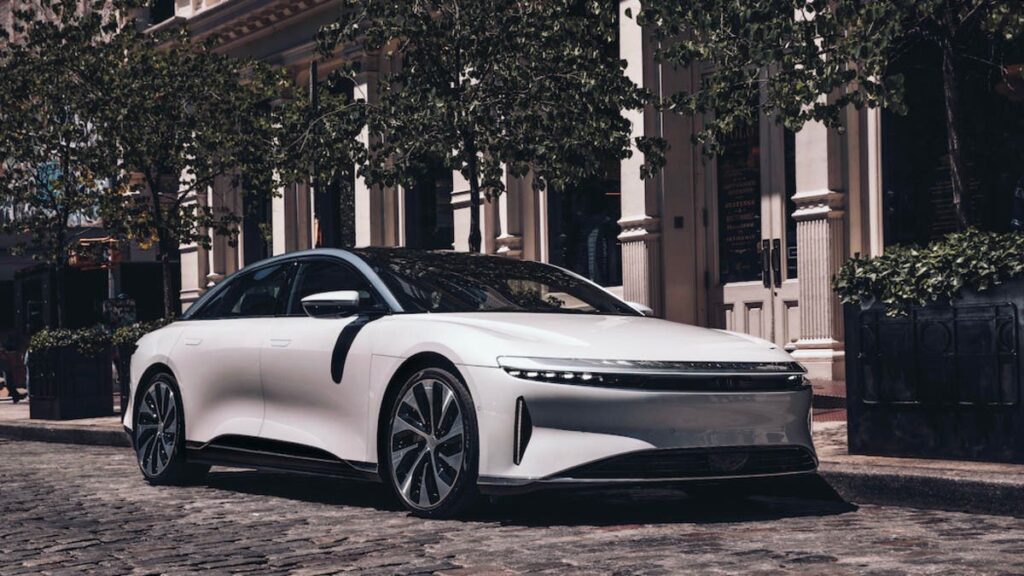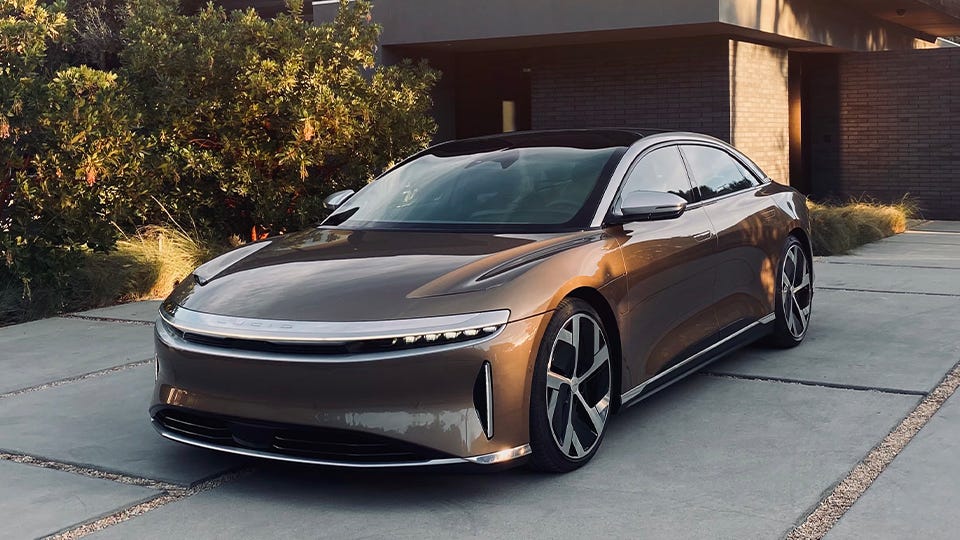As the world continues to search for sustainable and eco-friendly alternatives to fossil fuels, the demand for Electric Cars is on the rise. Electric-Cars, also known as electric vehicles (EVs), run on electricity and produce zero emissions, making them a popular choice for environmentally conscious consumers.
The advent of Electric Cars can be traced back to the 1830s when Scottish inventor Robert Anderson created the first crude electric carriage. However, it was not until the 2000s that Electric-Cars became a viable alternative to traditional gas-powered vehicles. With advancements in technology and government incentives for electric car manufacturers, more and more car companies began producing Electric-Cars with longer driving ranges and faster charging times.
One of the main benefits of Electric-Cars is their environmental friendliness. Unlike gas-powered cars, Electric-Cars produce zero emissions, which means they do not contribute to air pollution and greenhouse gas emissions. This makes them an ideal choice for drivers who are concerned about the impact of fossil fuels on the environment.
Another benefit of Electric-Cars is their energy efficiency. Electric-Cars are much more efficient at converting energy into motion than gas-powered cars, which means they can travel further on the same amount of energy. This translates into lower energy costs for drivers, as well as reduced dependence on foreign oil.

In addition to their environmental and energy efficiency benefits, Electric-Cars also offer a smoother and quieter driving experience. Electric-Cars are powered by electric motors, which are much quieter and smoother than gas engines. This means drivers can enjoy a more comfortable and peaceful ride, with less engine noise and vibration.
However, there are also some challenges associated with Electric-Cars. One of the main challenges is the limited driving range of Electric-Cars compared to gas-powered cars. While advancements in battery technology have led to longer driving ranges for Electric-Cars, they still cannot match the range of gas-powered cars. This means that electric car drivers need to plan their trips more carefully and make sure they have access to charging stations along their route.
Another challenge associated with Electric-Cars is the cost. While the cost of Electric-Cars has come down in recent years, they are still more expensive than gas-powered cars. However, many governments offer incentives for electric car buyers, such as tax credits and rebates, which can help offset the cost.
Despite the challenges, the popularity of Electric-Cars is on the rise. According to the International Energy Agency, the number of Electric-Cars on the road reached 10 million in 2020, up from just 17,000 in 2010. This trend is expected to continue, with Electric-Cars projected to account for 58% of new passenger car sales by 2040, according to Bloomberg New Energy Finance.
As more people switch to Electric-Cars, there is also a growing need for charging infrastructure. Charging stations are essential for electric car drivers, as they provide a place to recharge their vehicles when they are running low on battery. Governments and private companies are investing in charging infrastructure to support the growing demand for Electric-Cars. In addition, advancements in battery technology are making Electric-Cars more practical and convenient for drivers, with longer driving ranges and faster charging times.
Electric-Cars also offer economic benefits, such as reduced fuel costs and lower maintenance costs. Electric-Cars are much cheaper to fuel than gas-powered cars, as electricity is often cheaper than gasoline. In addition, Electric-Cars require less maintenance than gas-powered cars, as they have fewer moving parts and do not require oil changes.
Another benefit of Electric-Cars is their potential to reduce dependence on foreign oil. Many countries import oil from other countries, which can have economic and geopolitical implications. By reducing the demand for oil, Electric-Cars can help to reduce dependence on foreign oil and improve energy security.

Moreover, Electric-Cars have the potential to play a key role in the transition to renewable energy sources. As renewable energy sources such as wind and solar become more prevalent, Electric-Cars can be charged using renewable energy, further reducing their environmental impact.
Electric-Cars also offer new opportunities for innovation and job creation. The production of Electric-Cars requires new technologies and manufacturing processes, creating new jobs and opportunities for innovation. In addition, the growth of the electric car market is creating demand for new businesses, such as charging station operators and battery recyclers.
In summary, Electric Cars offer numerous benefits, including environmental friendliness, energy efficiency, and a smoother driving experience. While there are still some challenges associated with Electric-Cars, the benefits are clear. As technology continues to advance and more people switch to Electric-Cars, we can expect to see continued growth in the electric car market, with benefits such as reduced fuel costs, lower maintenance costs, a cleaner environment, and new opportunities for innovation and job creation.
In conclusion, Electric Cars offer a sustainable and eco-friendly alternative to gas-powered cars, with benefits such as zero emissions, energy efficiency, and a smoother driving experience. While there are some challenges associated with Electric-Cars, such as limited driving range and higher cost, these challenges are being overcome as technology continues to advance. As more people switch to Electric-Cars, we can expect to see continued growth in the electric car market, with benefits such as reduced fuel costs, lower maintenance costs, and a cleaner environment.
















